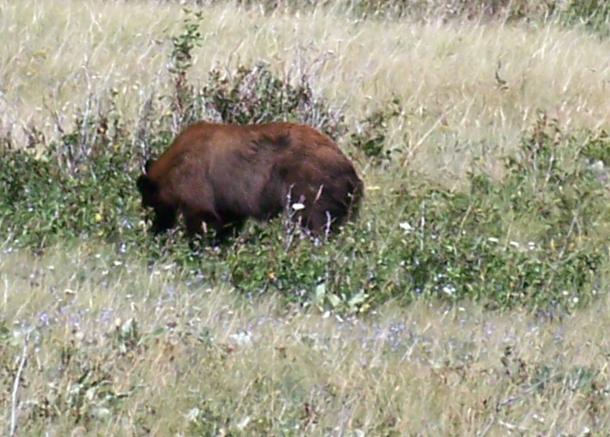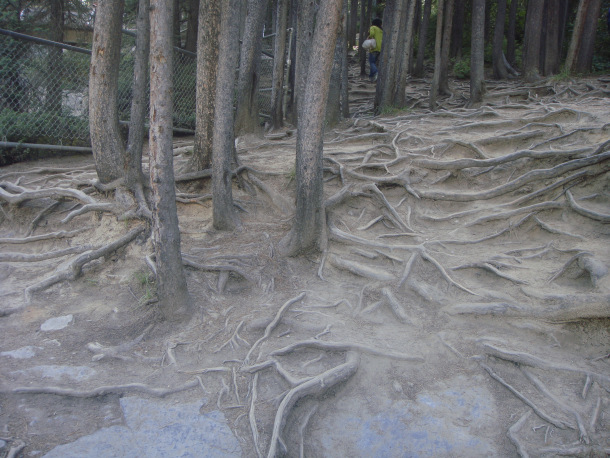
According to Buddha Be patient. You’ll know when it’s time for you to wake up and move ahead. i fell backi lost my trackas my chin sagsand my eyes go blacki want all my senses back *** a day or so ago South Thompson River Valley, July 2021
World’s first emergency number — sloppybuddhist
I have followed Hedy for some time, enjoying her quotes from The Buddha and accompanying photography and poetry. She playfully entitled her about page Nearly Me and describes what it means to be a Sloppy Buddhist. We are always becoming, partially able to follow Buddhist precepts in the process of becoming, and incomplete in how we are to be defined.
The post reminded me of poem, Imperfection by Elizabeth Carlson, in Teaching with Fire (Edited by Sam Intrator and Megan Scribner). The poem was written as Elizabeth Carlson who died at a young age. Perhaps it was that experience, which allowed her to grow to love her imperfections. Despite the sadness, there is a playfulness in the poem e.g., learning to purr as she lays under her cat.
I am falling in love
with my imperfections
The way I never get the sink really clean,
forget to check my oil,
lose my car in parking lots,
miss appointments I have written down,
am just a little late.
I am learning to love
the small bumps on my face
the big bump of my nose,
my hairless scalp,
chipped nail polish,
toes that overlap.
Learning to love
the open-ended mystery
of not knowing why
I am learning to fail
to make lists,
use my time wisely,
read the books I should.
Instead I practice inconsistency,
irrationality, forgetfulness.
Probably I should
hang my clothes neatly in the closet
all the shirts together, then the pants,
send Christmas cards, or better yet
a letter telling of
my perfect family.
But I’d rather waste time
listening to the rain,
or lying underneath my cat
learning to purr.
I used to fill every moment
with something I could
cross off later.
Perfect was
the laundry done and folded
all my papers graded
the whole truth and nothing but
Now the empty mind is what I seek
the formless shape
the strange off center
sometimes fictional
me.
The quote Hedy used was one about being patient and realizing we will each understand when it is time to wake up and move ahead. She shared some images from nature and they reminded me of the passage from Mattew 6:28-29: “Consider the lilies of the field, how they grow, they neither toil nor spin, yet I tell you even Solomon in all his glory was not arrayed like one of these.” Nature understands the process of patience and just being, waiting to awaken and move forward at the right time. Too often, we do not show ourselves the patience we need to grow and be ready to move forward.
I leave you with the following video by Seasick Steve. That is his his stage name and that and the song share a sense of playfulness in them, too.










